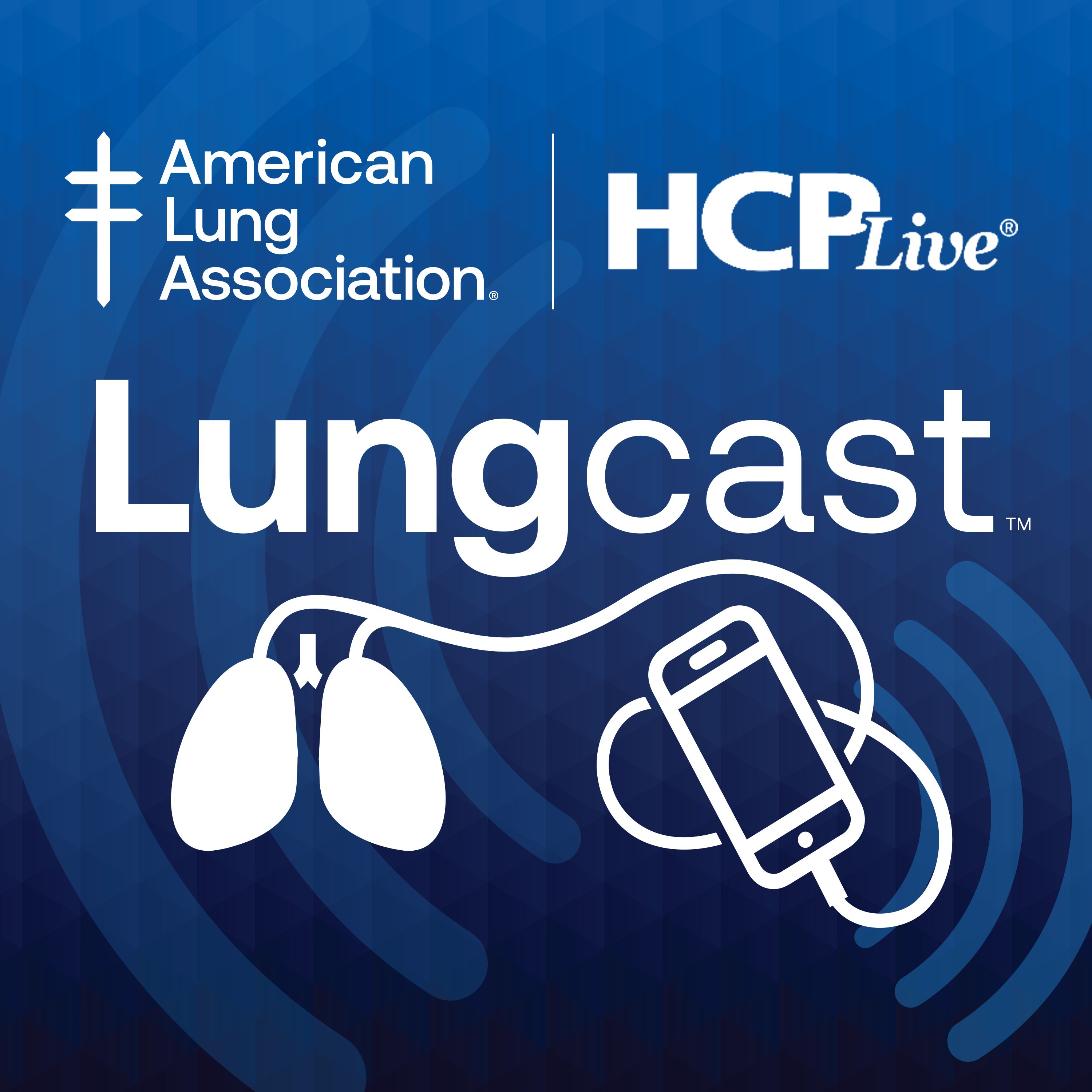Video
Challenges in Global Access to SCD Treatments
Author(s):
Key opinion leaders dive into global challenges in sickle cell disease while focusing on treatment access.
Ifeyinwa Osunkwo, MD, MPH: I’m going to pose this question to Wally: What is the real-world potential? If gene therapy works, what does it look like for America, Europe, and Africa?
Wally Smith, MD: Let’s start with Africa. We can’t even get hydroxyurea to Africa. How in the world is Bill Gates going to get enough money so that Africans can get access to a therapy that takes a year out of your life and has all the things you must do that we just got through talking about? How in the world are they going to do that? You can see the handwriting on the wall. We’re producing Ferraris here. We’re not producing Chevrolets. You can make only so many Ferraris per year. Maybe even Rolls-Royces, where you hand-paint everything and sew the fabric by hand. You cannot manufacture enough of these procedures per year to cure everybody in Africa. Only the elite in the United States will get their hands on a Ferrari or a Rolls-Royce, which is what we’re talking about, to get their disease treated.
This is never going to be a production-line procedure. This is going to be 1 at a time. What you just said—take my cells out, ship them. It’s a tailor-made suit. It’s a Ferrari. It’s a Rolls-Royce. It’s not buy it off the rack, take a pill, take an infusion. We should not overblow the potential of these therapies in terms of getting to the masses, and we should talk more about disease-modifying therapies. We should talk about prevention. I’m just going to go ahead and say it: genetic counseling. That’s not a dirty term. It’s not genocide to tell an at-risk couple, if both mom and dad have sickle cell trait, “Look, if you have a baby, there’s a 1 in 4 chance that Junior could have sickle cell disease. This is what sickle cell disease looks like. Take a look.” I don’t think that’s bad.
Ifeyinwa Osunkwo, MD, MPH: They can make their own choice, right? They can make the choice. But a lot of times, the choice is accidental. They had no idea. I saw a teenager, whom I asked, “Do you want to have a child right now?” “No.” You might want to ask if she has sickle cell trait. “I don’t know.” Then we had that conversation. “You have a choice about whether you have a child at age 21, or if you have a child with sickle cell disease at age 21.” That’s part of the whole informed decision-making, so that the young people who are thinking about making babies have a chance to choose if they go down that road.
Wally Smith, MD: I try to explain to people, because when they hear 1 in 4, they go, “Oh, I’m not going to be 1 of the 4. I’m not going to be the 1.” No, it’s every time you have a baby. Every time you have a baby, there’s a 1 in 4 chance. I have families. I take care of families in which 3 of 5 siblings were born with sickle cell disease after mom and dad had the first child with sickle cell disease. They took a chance and had another 1. Then they took a chance and had a third 1. And they go, “But they told me it was a 1 in 4 chance.”
Abdullah Kutlar, MD: Yes, that’s very common. “I already had 1, so I’m not going to a second 1 with sickle cell disease.”
Ifeyinwa Osunkwo, MD, MPH: “Because that won’t happen to me.”
Thank you so much for watching this HCPLive® Peer Exchange. If you enjoyed the content, please subscribe to the e-newsletter to receive upcoming Peer Exchanges and other great content right in your in-box.
Transcript Edited for Clarity





